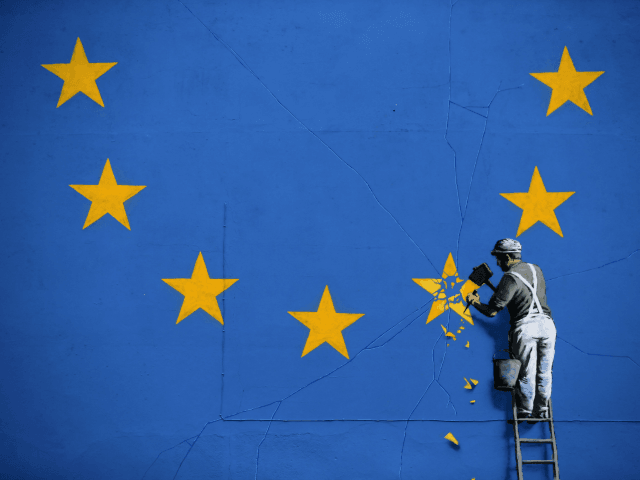The French trade minister has said that the European Union is ready to offer a “unique” trade deal, but only if the United Kingdom abides by Brussels’ environmental regulations, state aid policies, and labour market laws.
Speaking to the Financial Times, Jean-Baptiste Lemoyne said that the deal to be struck by the end of the transition period would not “resemble any other bilateral agreement, any other trade agreement” that the EU has signed.
However, Mr Lemoyne stressed that the EU will be expecting the UK to negotiate in the spirit of “fair play” and that the restrictive, so-called ‘level playing field’ of regulatory standards Britain would have hoped to escape with Brexit “will be at the heart of our demands for the future relationship”.
“We have a mutual interest to preserve this flow of goods and to avoid dumping,” the French trade minister said.
Last month, France’s Europe minister made similar demands that a future trade deal must depend on the UK remaining aligned to specific regulations so that Brexit Britain does not become a “tax haven at the gates of Europe”.
“We ask our companies to respect environmental, social, and fiscal issues. We must be able to work fairly,” Amélie de Montchalin had said.
Minister Lemoyne added that the European Council of EU member-state leaders might not pass a deal which deviates from specified EU standards. He said: “National parliaments have shown that they are increasing demands when it comes to trade deals, notably when it comes to the area of social rights and the environment.”
However, this is a rare expression of a European voice expressing openness for a trade deal between Brussels and London — notably coming from the cabinet of one of the bloc’s most powerful nations, France.
Bilateral trade between the UK and France is worth £85 billion, and expressing a heightened awareness of France’s dependency on maintaining those strong trade links, Mr Lemoyne said: “We need a good agreement to secure jobs, growth on both sides of the Channel.”
Reports have suggested that Mr Johnson is planning to ditch the ‘level playing field’ standards to make the UK more competitive and open to investment from overseas.
Speaking to North American businessmen in September in New York City, the prime minister had hinted at major reforms to post-Brexit regulations and taxation which would expand the UK’s global reach.
“We’re going to take advantage of all the freedoms that Brexit can give whether it’s new tax allowances for businesses or speedier public procurement contracts or creating new free ports, enterprise zones, devising better regulations for sectors the UK leads the world [… and] more competitive tax rates,” the prime minister had said.
If Mr Johnson commits to making the UK more competitive in the global market, abides by his manifesto pledge to not extend the transition period beyond December 2020, and the EU remains unyielding, the UK could still exit negotiations in a ‘No Deal 2.0’, trading with the bloc on WTO terms.
Last month the EU’s chief Brexit negotiator Michel Barnier said that because “we [the EU] want to have solid guarantees on the level-playing field aspects”, ‘no deal’ at the end of December 2020 could happen.
Obsessive Remainer Tony Blair is even more confident that the UK will not sign a restrictive trade deal with the EU by the end of next year, having said that “the likely outcome” of negotiations “is No Deal”.
Mr Blair said: “Europe is now on notice from Britain and its ministers that Britain wants Brexit to compete around tax and regulation, to become an off-shore competitor with the European Union. What is absolutely clear is that Europe is not going to have that.”

COMMENTS
Please let us know if you're having issues with commenting.